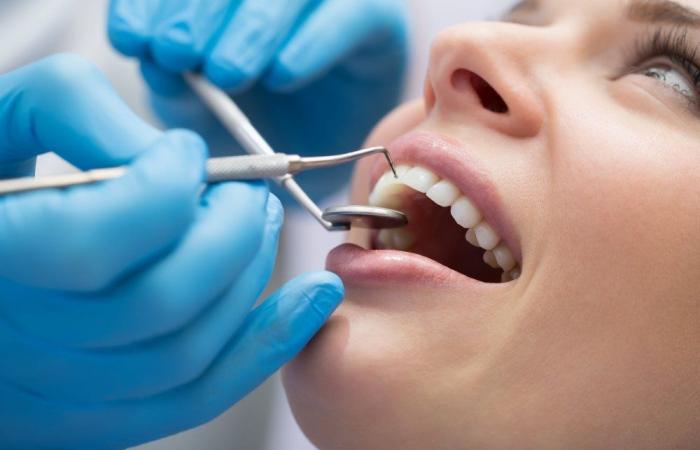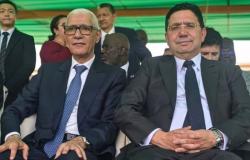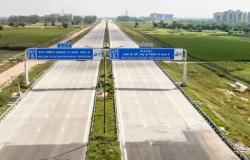With 3.5 billion people affected worldwide, oral diseases represent a silent scourge among the most widespread non-communicable diseases, according to theWorld Health Organization (WHO). Last November, delegations from more than 110 countries gathered in Bangkok for an unprecedented event: the very first global meeting dedicated to oral health. Organized by the WHO, this meeting was an opportunity to prepare national road maps and negotiate a joint declaration aimed at accelerating the fight against these omnipresent diseases, while strengthening the collective commitments of Member States.
Morocco commits to the global oral health strategy
Contacted by us, the services of the Ministry of Health and Social Protection tell us that Morocco has fully aligned itself with the orientations of the “Global Action Plan for Oral Health 2023-2030” of the WHO. “Since 2022, our country has actively participated in the process of developing this global strategy, through several consultative meetings organized by the WHO. Like other member countries, Morocco has developed a draft national road map, in accordance with the six areas of intervention defined by the WHO, namely governance, promotion and prevention, human resources, oral care. -dental, information systems and research,” indicate the ministry services. And added that “this initiative fits perfectly into major national projects, in particular generalized medical coverage and reform of the national health system. These structuring reforms offer a unique opportunity to integrate essential oral care into a package of services currently being developed, in partnership with the National Health Insurance Agency (ANAM) and relevant stakeholders.
Although Morocco shared its experience in governance, leadership and financing in the field of oral health during the Bangkok conference, highlighting its commitment to aligning its national priorities with global goals, it should be noted that recent data are sorely lacking. The last national epidemiological survey, carried out in collaboration with the WHO dates back to 2012. This reveals a worrying prevalence of dental caries (82% at 12 years and 92% between 35 and 44 years) and periodontal diseases (43, 2% at 12 years old and 77.4% between 35 and 44 years old).
Although progress has been recorded compared to the 1999 survey, where the prevalence of caries reached 97.7%, the epidemiological situation remains worrying at the national level. The Global Morbidity Survey today estimates an overall prevalence of oral diseases in Morocco of 42.3%, all age groups combined. This situation reinforces the urgency for the “National Oral Health Program” to update its data via a new national survey, a priority as part of the revision of its 2018-2025 strategy.
Major challenges for oral health in Morocco
The ministry’s services specify that Morocco faces several major challenges to improve oral health and strengthen access to care. “Among these challenges, there is a high prevalence of oral diseases and conditions, reflecting a heavy burden on public health. At the same time, the need for curative and preventive care continues to increase, reflecting an epidemiological transition and an evolution in the population’s expectations. However, equitable access to care remains limited by significant territorial disparities and an imbalance between the public and private sectors,” they assert. He added that “the high cost of dental care constitutes a major obstacle for many households, while the population’s still insufficient interest in their oral health hinders the adoption of adequate preventive behaviors. However, promising initiatives are underway, including the progressive development of health infrastructure and the establishment of awareness programs, which are paving the way for better oral health care on a national scale. . Among the major challenges, we also note a concentration of oral care provision in certain regions, thus creating geographic disparities. “This unequal distribution of services can complicate access to care in certain areas of the country, highlighting the need to strengthen equity and availability of oral care nationally. Currently, Morocco has around 500 dentists in the public sector, while the private sector has broader coverage in terms of practitioners,” affirms the same source.
Although progress has been made, the road remains long to guarantee every Moroccan citizen equitable access to quality oral care, especially since the establishment of a new national survey could help to better target future interventions.






